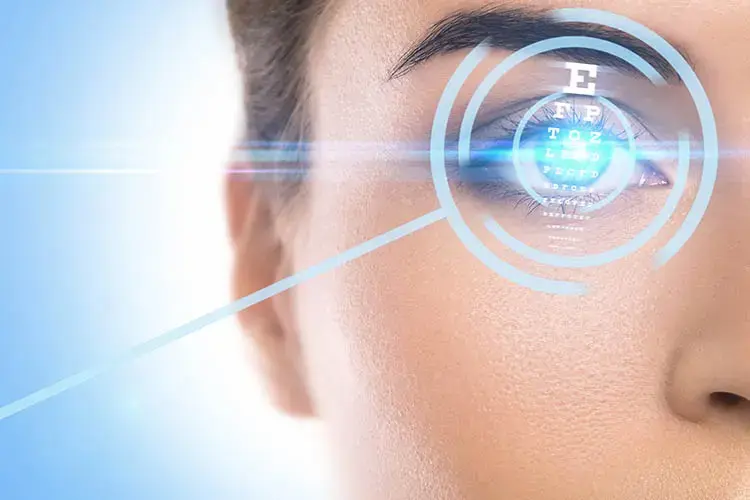
LASIK, short for Laser-Assisted In Situ Keratomileusis, has revolutionized vision correction since its inception. It's a popular surgical procedure done by a professional LASIK eye surgeon that can help individuals achieve clear vision without the need for glasses or contact lenses. If you're considering LASIK surgery or simply want to learn more about it, here's everything you need to know.
LASIK is a refractive eye surgery designed to correct common vision problems like nearsightedness (myopia), farsightedness (hyperopia), and astigmatism. During the procedure, a laser is used to reshape the cornea, the clear front part of the eye, to improve how light is focused onto the retina at the back of the eye.
Preparation: Before the surgery, you'll undergo a comprehensive eye examination to determine your eligibility for LASIK. Your laser eye surgeon will measure the thickness of your cornea, the size of your pupils, and the curvature of your cornea.
Not everyone is a suitable candidate for LASIK. To qualify, you should generally:
While LASIK is considered safe and effective, like any surgical procedure, it carries some risks. These may include:
Following LASIK, you'll be provided with specific post-operative instructions, including the use of prescribed eye drops and the avoidance of certain activities, like swimming or rubbing your eyes. Regular follow-up visits with your eye surgeon will ensure the healing process is proceeding as expected.
LASIK surgery has transformed the lives of countless individuals by providing them with clear vision and reducing their reliance on glasses or contact lenses. While it's essential to be well-informed about the procedure, the decision to undergo LASIK should be made in consultation with an experienced eye surgeon such as Dr Nandita Rane - a trusted eye doctor in Chembur.